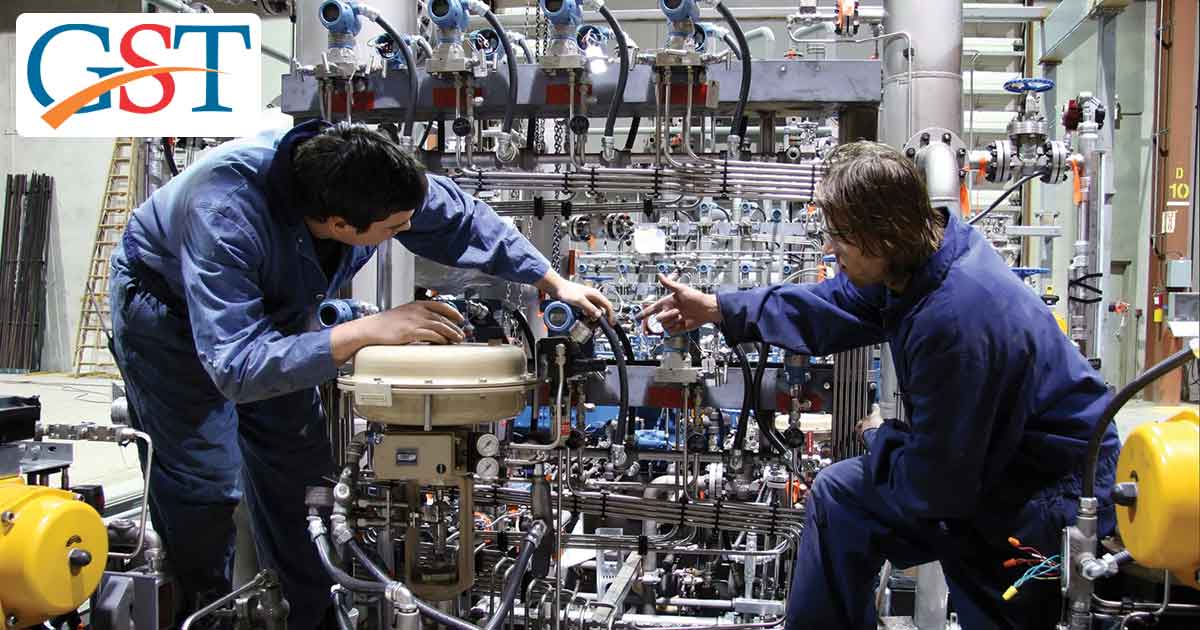The positive and negative impacts of the implementation of the Goods & Services Tax in India are visible in almost every major business sector of the country. Capital goods makers of India have reported a slowdown in their businesses ever since the launch of GST.
The capital goods industry, which was already going through a deflation period, is now suffering even more from the after-impacts of the GST and other recent updates in the market, as shown in the September quarter (Q2) report. The main reason for this degrade was the slow decision-making process which led to delayed execution, which in turn, negatively impacted the revenue and order flow process of the manufacturers.
“Overall, the market demand slowed down in Q2 due to business and operational uncertainty post the introduction of GST and sluggish demand from private investments as corporates continued to adopt a wait and watch approach,” said Blue Star Ltd, an Indian based commercial refrigeration company.
Read Also: ITC Rules on Sale & Purchase for Capital Goods under GST India with Example
Most of the major manufacturing companies have reported an immediate drop in their order and revenue logs after implementing GST-related changes. ABB India Ltd, a famous Engineering Services Company in India, reported a 6.8% revenue drop in this quarter. “teething issues of the new GST structure caused an impasse for several small and medium enterprises, leading to deferrals and delays as customers await clarity,” said one of the company representatives.
An analysis conducted by Kotak Institutional Equities reported a drop in the revenues of four major companies in the country. Larsen and Toubro Ltd (L&T) reported decent sales performance with no major growth in this quarter.
Jefferies India Pvt. Ltd also reported a decline in domestic sales. “Domestic order flow was down 23% y-o-y, which was partly impacted as clients delayed decision making given focus on GST implementation,” said a note released by the firm.
Most of the industries and consumer sectors are still recovering from the GST impacts and are not likely to see any positive growth in the near future. A report by Blue Star Ltd indicates that government infrastructure projects like healthcare and metros are the only ones driving any notable spending, while the heavy industrial and factory sectors continue to face drops in new orders.
IDBI Capital Markets and Securities Ltd has pointed out that the thermal power equipment industry may face a tough competition and revenue pressures in the coming days due to less demand than the supply capacities.
“However, the market has already priced in a strong recovery in revenues and profits, as can be seen in the high valuations of industrial and infrastructure stocks,” said Kotak Institutional Equities in its recent results review note. “We expect revenues will continue to be weak for the next few quarters before improving, led by the government’s increased infrastructure spending and eventual recovery in private sector investment.”
While the effects of GST are expected to be seen on revenue performance and growth abilities of the companies in the near future, stocks of these companies continue to maintain their values.
